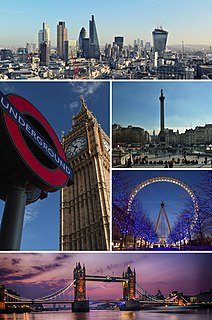
Sir Henry Walford Davies was an English composer, organist, conductor and educator who held the title Master of the King's Music from 1934 until 1941.

Sir John Stainer was an English composer and organist whose music, though not generally much performed today, was very popular during his lifetime. His work as choir trainer and organist set standards for Anglican church music that are still influential. He was also active as an academic, becoming Heather Professor of Music at Oxford.

James Healey Willan (1880–1968) was an Anglo-Canadian organist and composer. He composed more than 800 works including operas, symphonies, chamber music, a concerto, and pieces for band, orchestra, organ, and piano. He is best known for his church music.
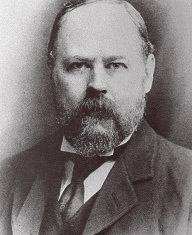
Basil Harwood was an English organist and composer.

Samuel Wesley was an English organist and composer in the late Georgian period. Wesley was a contemporary of Mozart (1756–1791) and was called by some "the English Mozart".
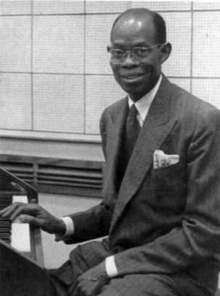
Olufela (Fela) Obafunmilayo Sowande was a Nigerian musician and composer. Considered the father of modern Nigerian art music, Sowande is perhaps the most internationally known African composer of works in the European "classical" idiom.
Alfred Ernest Whitehead was an English-born Canadian composer, organist, choirmaster, music educator, painter, whose works are held in a number of important private collections, and an internationally recognized authority in the field of philately. His The Squared-Circle Cancellations of Canada received its third edition shortly after his death.
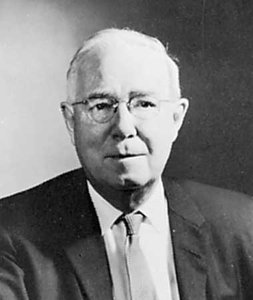
Leo Salkeld Sowerby, American composer and church musician, was the winner of the Pulitzer Prize for music in 1946, and was often called the “Dean of American church music” in the early to mid 20th century.
William Wallace Gilchrist was an American composer and a major figure in nineteenth century music of Philadelphia. He founded the Mendelssohn Club of Philadelphia in 1874.
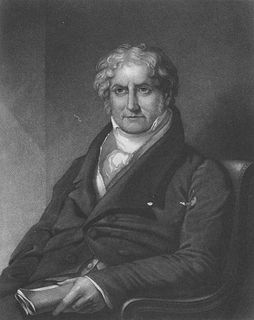
Benjamin Carr was an American composer, singer, teacher, and music publisher.

Stanley R. Avery was an American composer, choirmaster and organist at St. Mark's Church for 40 years. He wrote many pedagogical pieces for piano, and some of his songs and works for organ were published during his life. Among his works in larger forms is an opera, The Operatician, on a libretto by William Skinner Cooper. His compositions were performed by the Minneapolis, Duluth and Chicago symphony orchestras.
The Camidge family supplied York Minster with organists for 103 years. Its members were:

William Henry Monk was an English organist, church musician and music editor who composed popular hymn tunes, including one of the most famous, "Eventide", used for the hymn "Abide with Me". He also wrote music for church services and anthems.
Chanson de Matin, Op. 15, No. 2, is a musical work composed by Edward Elgar for violin and piano, and later orchestrated by the composer. Its first publication was in 1899, though it is thought that it was almost certainly written in 1889 or 1890.

Bertram Luard-Selby was an English composer and cathedral organist. As an organist, he served in Salisbury Cathedral and Rochester Cathedral. As a composer, he wrote prolifically for the church, the concert-hall and the theatre.

Charles Harford Lloyd was an English composer who became a well-known organist in his time.

Colin McAlpin was an English composer of songs, operas and ballet music, an organist and a writer of critical essays on music.

Twickenham Cemetery is a cemetery at Hospital Bridge Road, Whitton in the London Borough of Richmond upon Thames. It was established in 1868 and was expanded in the 1880s when the local parish churchyards were closed to new burials.

Christopher Tambling was a British composer, organist and choirmaster. From 1997 to 2015 he was Director of Music at Downside School and organist and Choirmaster of the Schola Cantorum at Downside Abbey, leading the choir to international success.
Hugh John McLean was a Canadian organist, choirmaster, pianist, harpsichordist, administrator, teacher, musicologist, composer, and editor.










